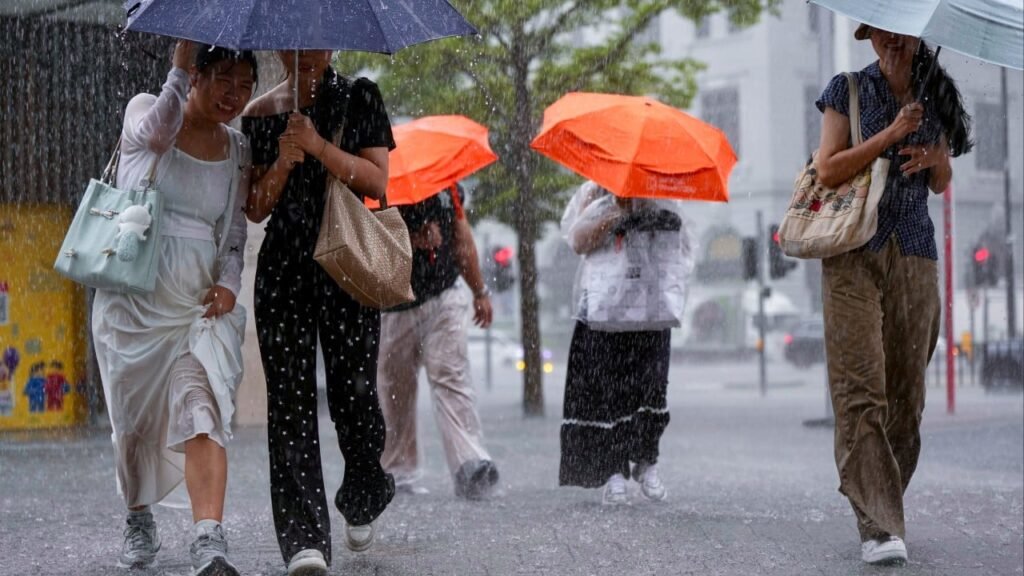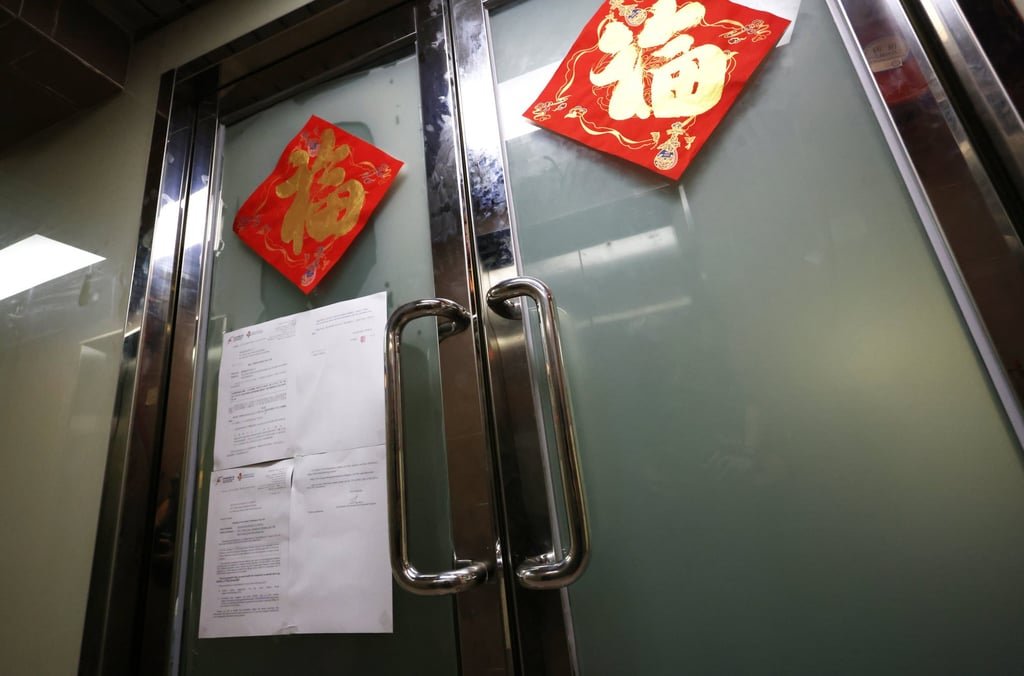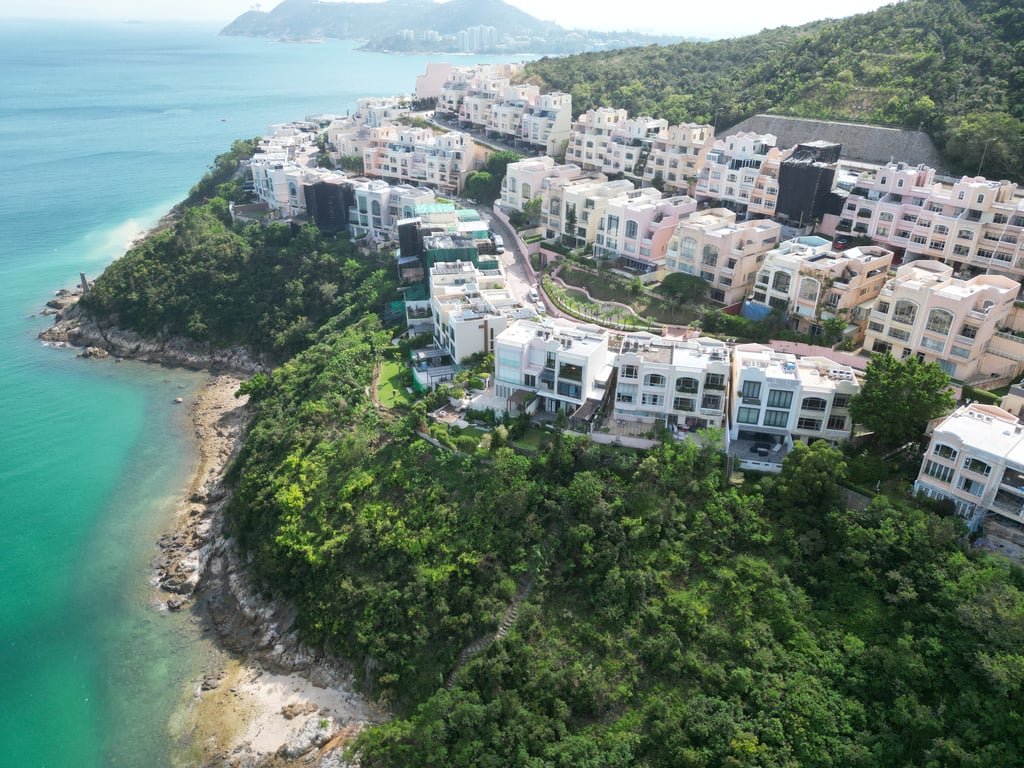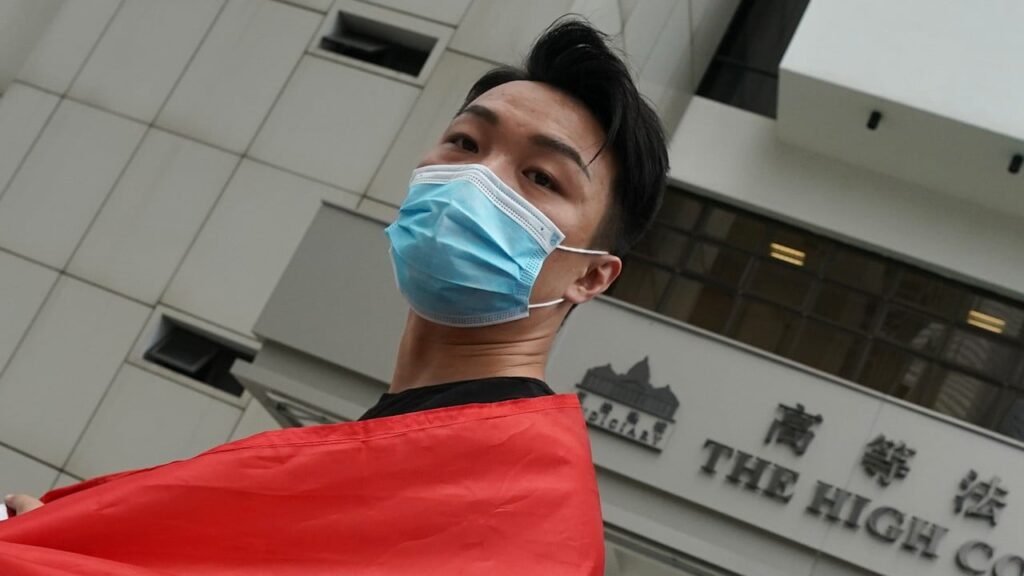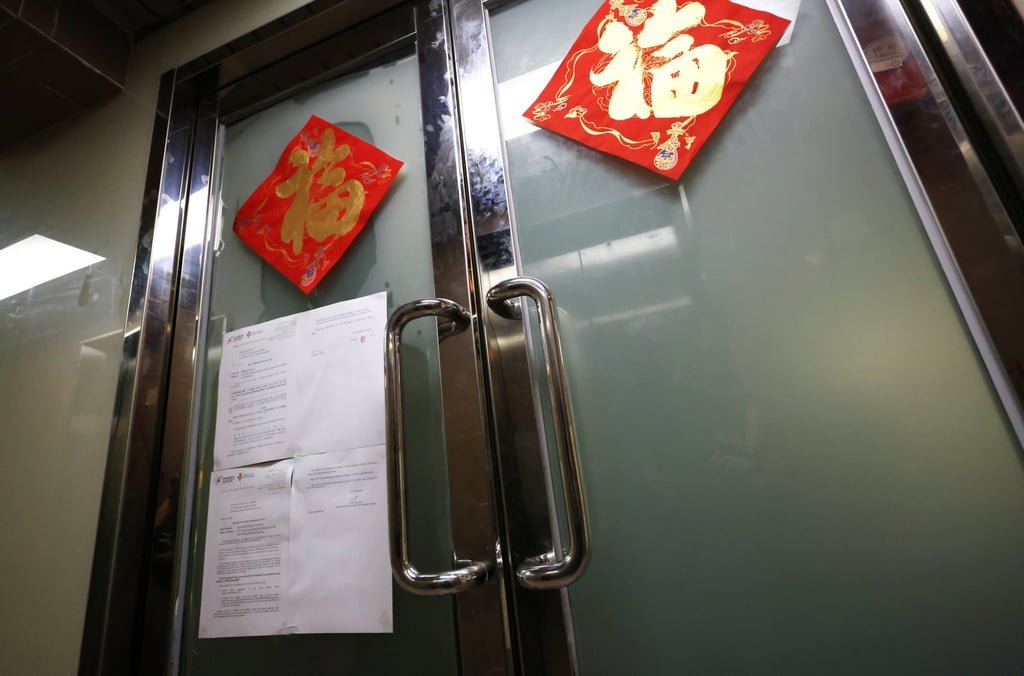It’s been five years since Beijing imposed a harsh new national security law on Hong Kong. During this time, the law has fundamentally altered the city-state, prompting scores of pro-democracy leaders to flee overseas and instilling a climate of fear and repression that has quashed any opposition to the communist government in Beijing.
The law came after months of mass protests in 2019 and 2020 over a bill that would have allowed suspects to be extradited from Hong Kong to mainland China.
That bill was withdrawn, but Beijing did not scale back its ambitions. Instead, it introduced the national security law in June 2020, bypassing Hong Kong’s legislature. The law prohibits anything deemed by Beijing to constitute secession, subversion, terrorism or collusion with foreign forces.
The law also allows certain national security cases to be transferred to mainland courts, achieving by decree what the failed extradition bill had attempted to do.
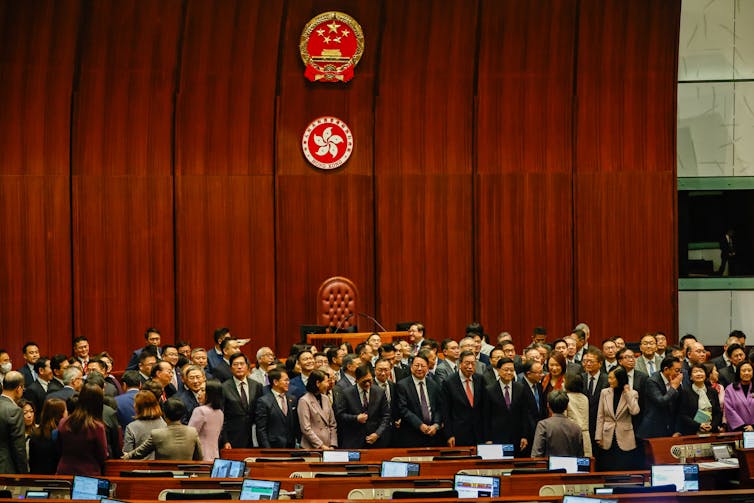
Daniel Ceng/EPA
Controlling the narrative
The law has reshaped Hong Kong’s politics, education and media since its introduction.
The city’s new school curriculum, for instance, denies Hong Kong was once a British colony. The curriculum redefines patriotism as unconditional allegiance to the Chinese state, with teachers facing repercussions if they present alternative views.
The teachings of “Xi Jinping Thought” are part of the new curriculum, while English classes in primary schools now focus on patriotism and national security.
The mantra “Hong Kong is an inalienable part of China” is also now repeated with ritualistic persistence across the city.
This further reinforces a distorted version of history that seeks to erase Hong Kong’s British past and dismisses Hongkongers’ nationality ties to the United Kingdom.
By controlling the narrative, the Chinese Communist Party is not only managing dissent but also reshaping Hong Kong’s civic identity to fit its own definition of loyalty.
Arresting dissidents and shutting down media
Opposition politics have been effectively dismantled since the law was brought into force.
Late last year, 45 of the city’s most well-known former pro-democracy figures were jailed over their participation in the 2020 unofficial primaries for local elections.
In June of this year, 28-year-old Joshua Wong, one of Hong Kong’s most famous advocates for Hong Kong’s self-determination, was charged with new offences under the national security law that could keep him imprisoned for life.
A human rights report released last month shows that 80% of Hongkongers targeted under the law since 2020 should not have been charged, and in 90% of cases, bail was denied.
Independent media outlets have met the same fate. In 2021, the pro-democracy newspaper Apple Daily was raided under the law, after which it ceased publication.
Its founder, Jimmy Lai, is currently facing trial on charges of colluding with foreign forces, with a verdict due soon.
Stand News, another independent outlet, was shut down following similar raids. Its senior editors are now serving prison sentences.
Repression beyond Hong Kong
The national security law also applies to anyone, anywhere in the world.
In July, the Hong Kong government issued arrest warrants and placed bounties on 19 foreign nationals for their involvement in the creation of an overseas “Hong Kong Parliament”.
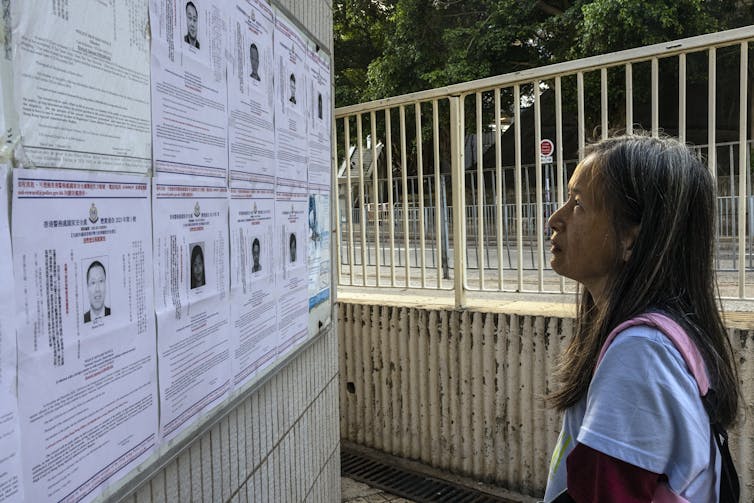
Louise Delmotte/AP
Western governments reacted sharply to the bounties. In recent days, Australia and the UK also granted asylum to two of the activists who had been targeted.
China’s growing diplomatic presence overseas has also raised suspicions for Hongkongers who have fled the city. In London, plans for a massive new Chinese embassy complex have prompted security questions. The UK government has sought clarification over parts of the building plans that have been redacted, while both the US and Netherlands have issued their own security concerns.
What Western governments can do
While condemnation has been widespread, concrete policy responses from Western governments have been more limited. The one exception is the UK.
In January 2021, the UK opened a citizenship pathway for holders of British National (Overseas) passports and their dependants, allowing some Hongkongers to settle in the UK and eventually gain British citizenship.
Since the introduction of the national security law, more than 166,300 people have used the new BN(O) route to relocate to the UK. An estimated 5.4 million Hongkongers are eligible to apply for the scheme.
For these Hongkongers who have left, exile is not simply an escape from fear; it is a conscious commitment to hold onto their historic identity and memory as part of the former British empire.
The 1984 Sino-British Joint Declaration promised that Hong Kong’s way of life would remain unchanged for 50 years after the 1997 handover to Chinese rule.
Five years into the national security law, that promise appears hollow. The law has redrawn Hong Kong’s legal boundaries, imprisoned its pro-democracy activists, transformed its education system and silenced its media.
In 2023, Chris Patten, Hong Kong’s last British governor, put it succinctly:
Here is an example of freedom, and the sort of freedom we take for granted in most Western societies, being under assault. If we allow it to go under, if we allow it to be buried in Hong Kong, then sooner or later it’ll threaten everyone.

